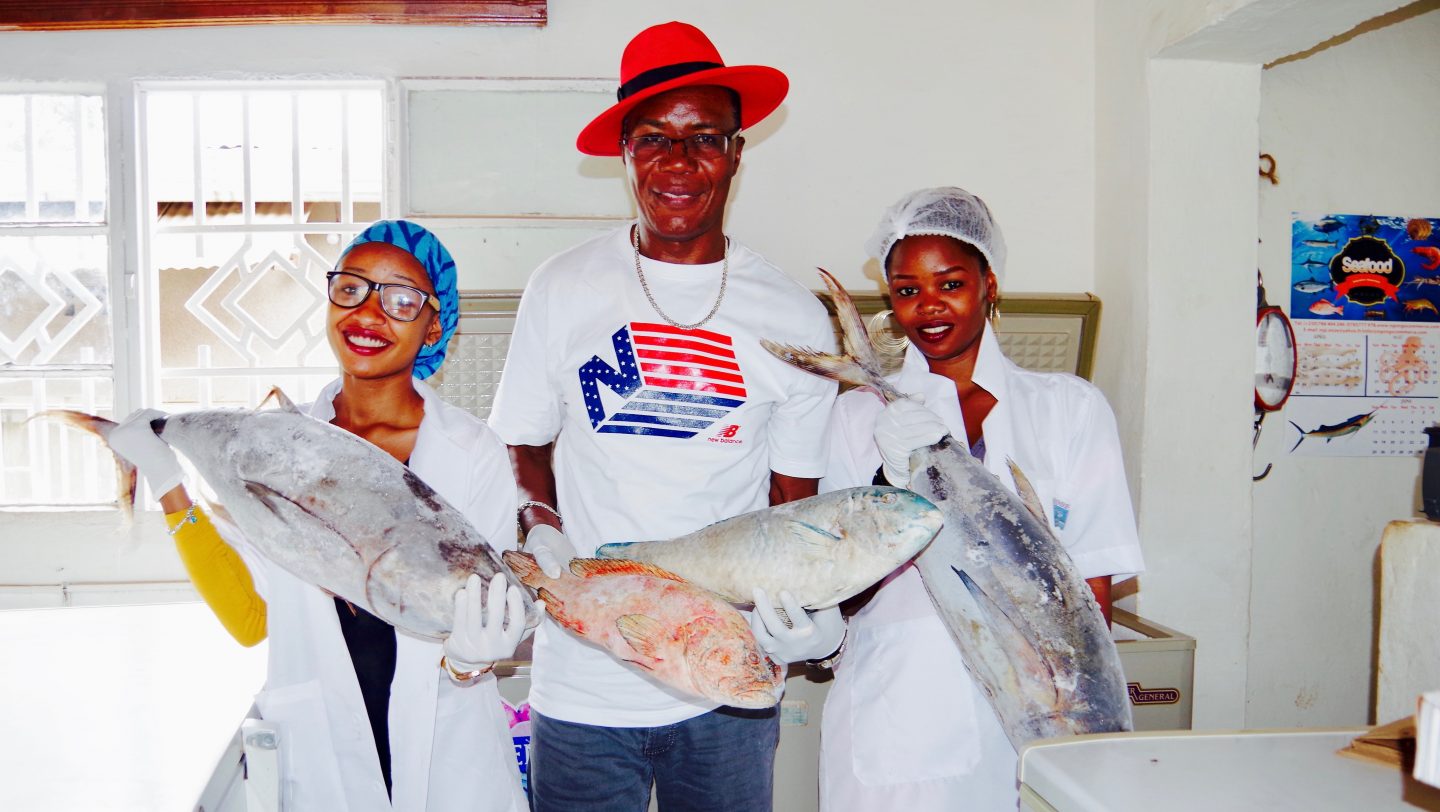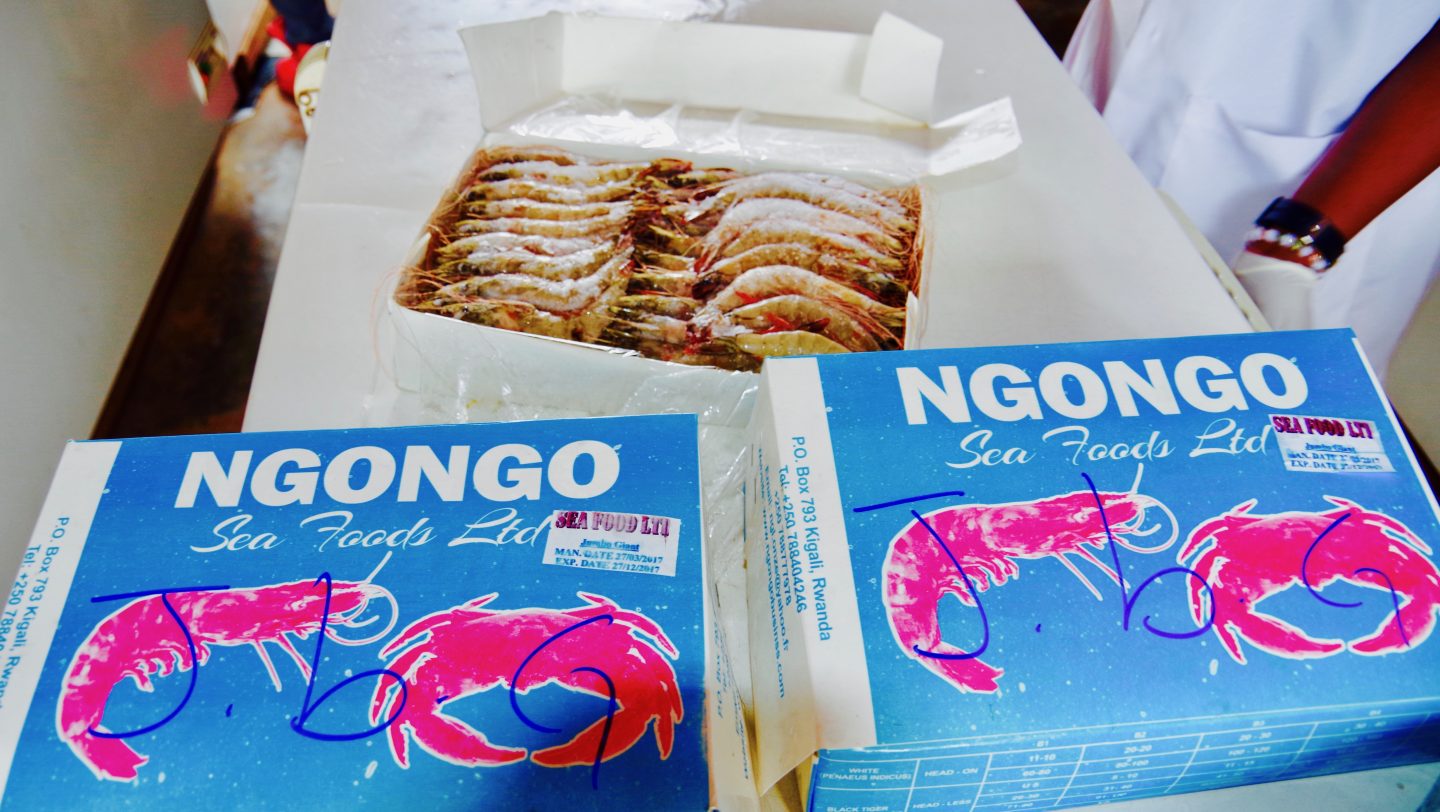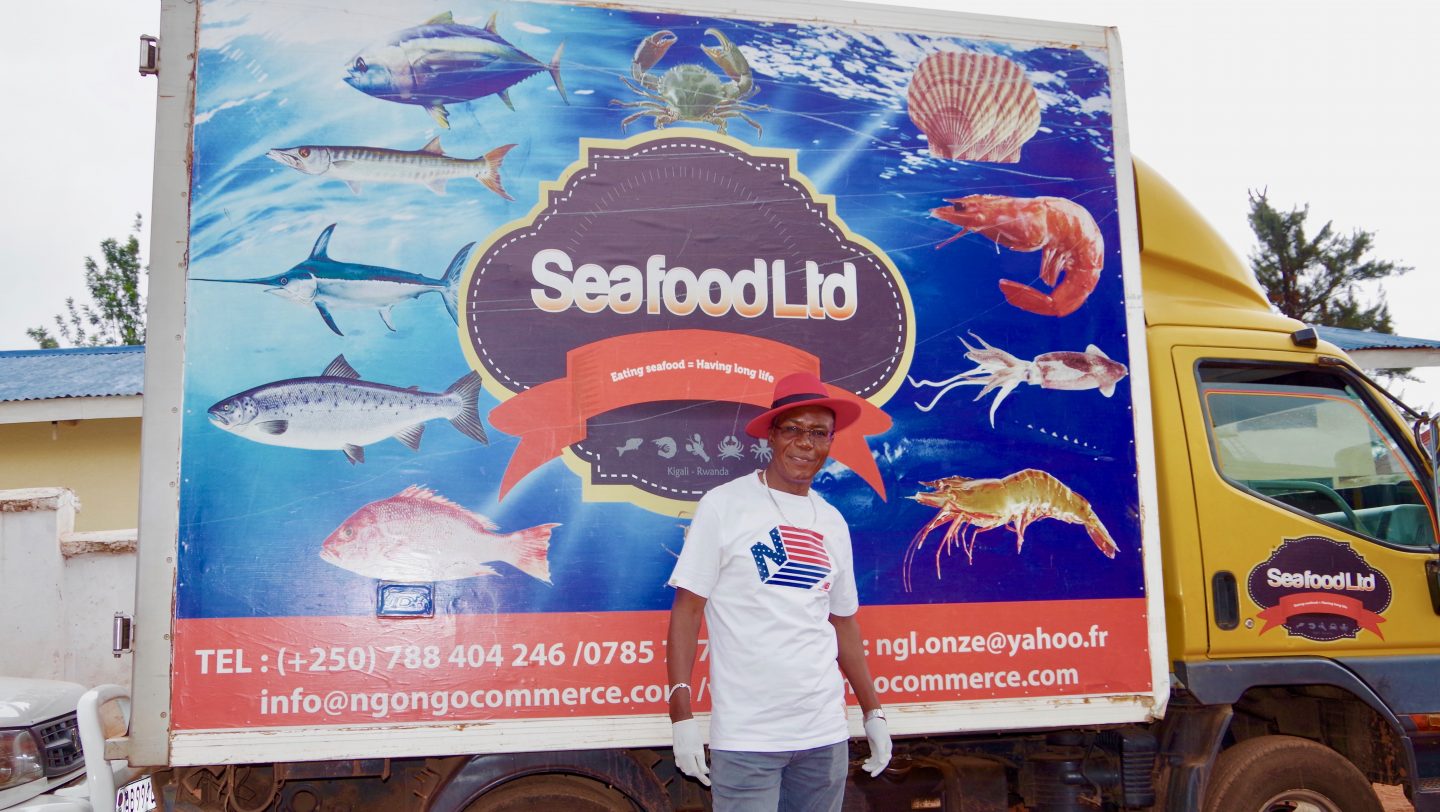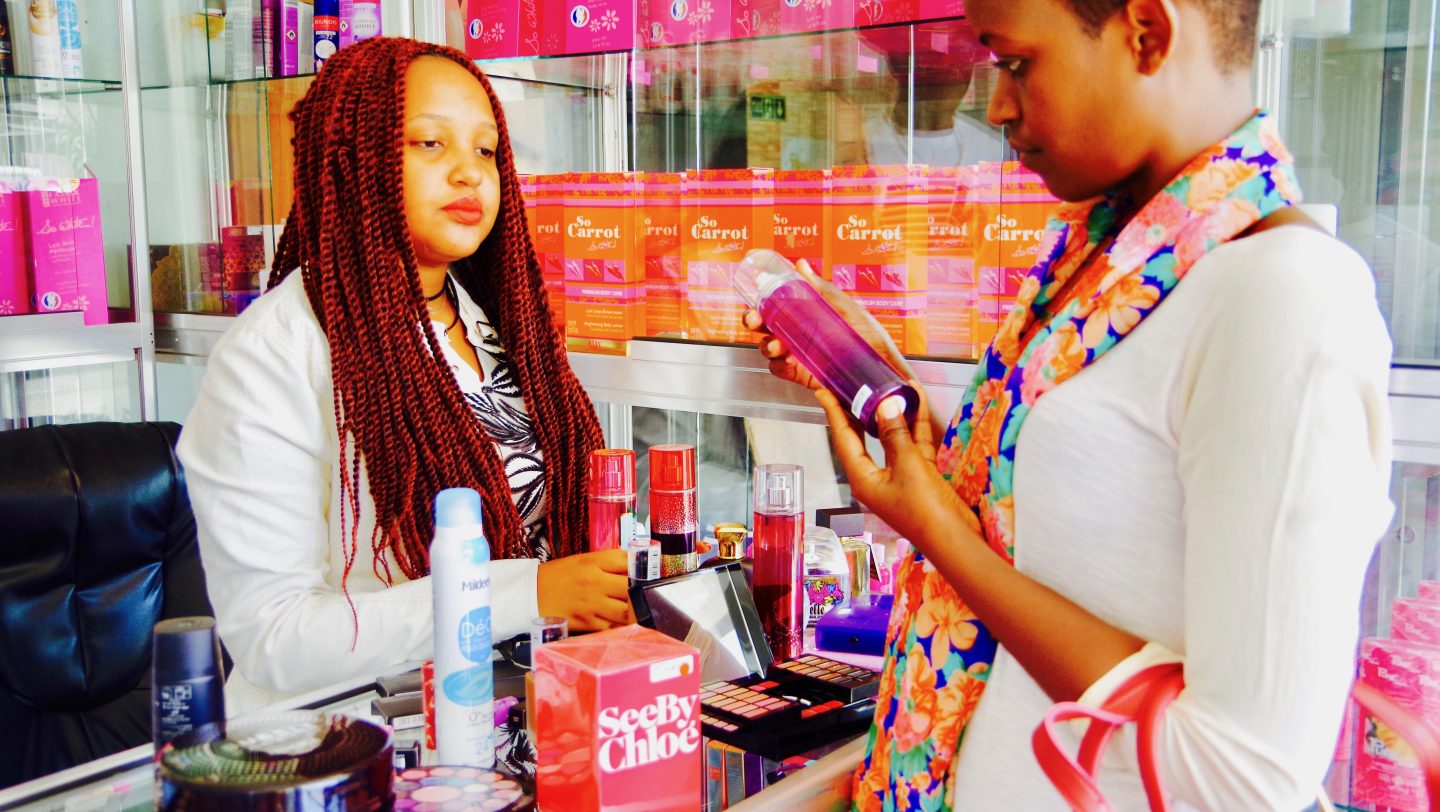“Having hands and mind to find a job:” the trajectory of Ngongo becoming an Entrepreneur
“Suffering makes you strong” is the phrase which describes the life of Mr. Gilbert Ngongo.
The lowest point he reached was when he could neither sleep in a decent place nor have sufficient food to eat. He was full of despair.
“Being in this situation, I turn my look around but no one could help me. That is when I realized that there is no one who can help to get you out. It is only you who can make a difference and move forward.” explains Mr. Ngongo.
“What I could say to refugees is not to get discouraged and do not give up by their situation. Being able to breathe is ‘hope’. Waiting for resettlement is not the only option and salvation that a refugee has. Resettlement to a third country, for example the USA, is no paradise as one may imagine. From those who went to the USA, no one has told me that they went to work in an office. Everyone has hands and body to work now. Sitting during asylum is no good. If you want a better life, it is not about going to a developed country. Anywhere you are, you can work and where you can work, you can improve your life. “
“To get where I am now, I had to start from the bottom of the ladder. But I believe that a refugee is like anyone else. We have wisdom, we have our body and we are capable as anyone else. What we need is just confidence. Confidence to change our life. As I have mentioned I had nothing but my mind, and hands to find a job. I think that we always need determination. At the same time, it is very important to have courage, seriousness, and honesty. These three things are what keeps me going on.”
Ten years has passed since Mr. Ngongo has officially started his fish business, Sea Food Ltd. He is an example of a successful Congolese refugee who is now contributing to Rwanda building his own enterprise. Currently he hires nine Rwandese employees in his fish business and has just started a new cosmetics shop where he hires two more employees. He is also expecting to open a new beauty salon soon.
During his experience being an entrepreneur with a refugee status, he faced mainly three obstacles:
- Getting loans
When he started, he had a bank account and tried to apply for a loan in a bank but it was never approved.
- Working is permitted, but obtaining the right documentation is very difficult
Once he hired a driver who was a refugee, but he could not get a Rwandese driving license. It is not a matter of race or nationality when hiring an employee, but there are times when it gets very complicated.
- Being able to go outside Rwanda.
It is crucial to get fish from the international markets since Rwanda is a landlocked country. He would need to go to Uganda, Tanzania or Burundi, but due to the fact of having a refugee status, his movement is restricted as well as his business.
“I found a great business opportunity in fish because in Rwanda there was no sea food available at the time when I started. I knew how to treat fish and get them ready to sell. I would go to supply sea food to restaurants and hotels in Rwanda. The know-how of managing fish business back in Congo has helped me here.” says Mr. Ngogo.
When starting his business, it grew very fast, but now it has slowed due to more competition. Another struggle is to meet the government requirements. Having the right machinery to meet requirements is very expensive. But Pore pore pore pore, (slowly, slowly), he is getting there. Major hotels and restaurants – Radisson Blue, Serena hotel in Gisenyi, Soleluna, Marriott hotel and others – buy sea food from Mr. Ngongo. He sells Calamari, Tuna, King Prawn, Lobster, Salmon, Octopus, Long Fish, Crabs, and more. His strategies to success in business are: customer care, good marketing and of course selling good products. He has been investing in his business strategies and everyone is eager to see his further development.
—Brief self-introduction of Mr. Ngongo during the interview–
My name is Gilbert Ngongo. I was born in Kasai, Eastern Province, Congo. My family moved to Katanga Province where I studied carpentry. After my studies, I tried to work in carpentry but it did not work for me. Living near Lake Tanganyika, I saw a great opportunity in fishing. Before being a refugee, I had 80 or more employees who were fishers, people treating fishes, drivers, etc. I would sell my fish to companies which would later sell to other restaurants and hotels.
I had to flee because of war. Kabila wanted to take over Mobutu and imprisonment of people started. Like many others, I was not supporting a particular party, therefore I had a high risk to be imprisoned. The security was worsening day by day. Everything got destroyed and gangs would come to steal from businesses.
I flee to Uvira where I stayed for 8 months. During this period Maimai started attacking the area. They took my boats and everything I had.
Why Rwanda?
Geographically it was the best option since I had no money to travel to Uganda or Kenya. Burundi was in conflict at the time. Looking for protection without neither documentation nor money, I moved to Changugu, Bugarama with my children, wife, some nephews and nieces. We did not stay in a camp and managed to take very cheap transportation to come to Kigali.
It was far from a good life. I would go to bed drinking water to fade my hunger and would not bring food to the table. My place was neither a decent place to sleep. I started working for people doing any small jobs available; painting, carpentry, small fixing. I earned 700rwf per day. Then started carpentry, making chairs and other furniture. I saved some money to start buying fish. It took some time to be able to start this business.




